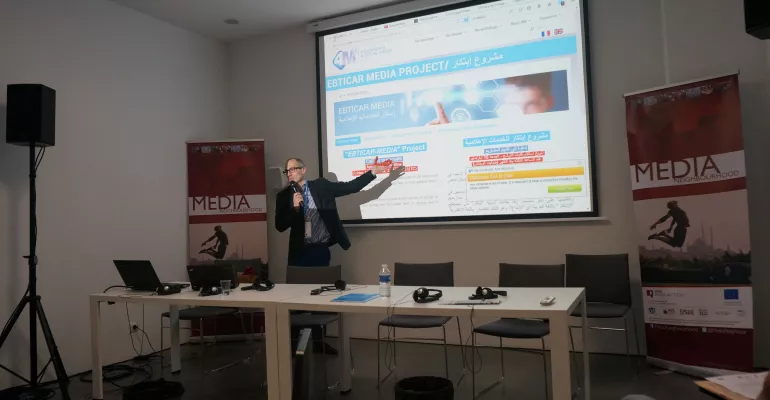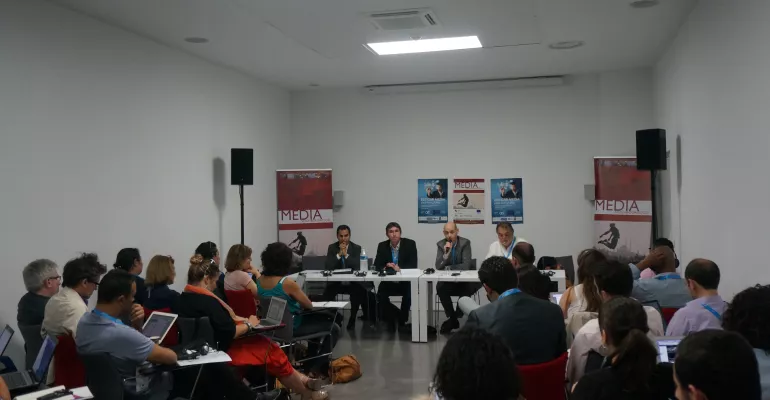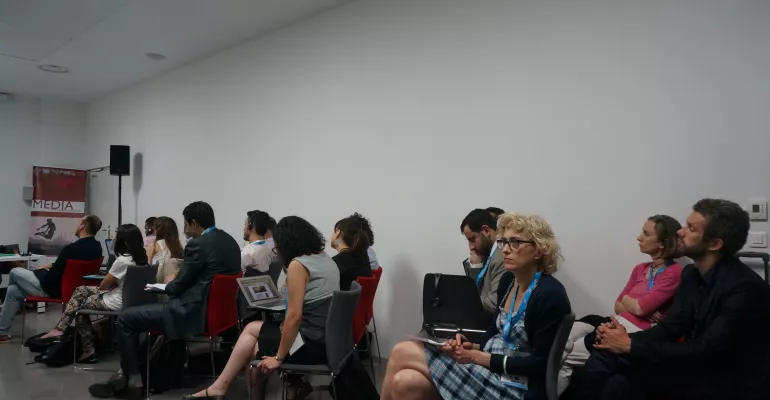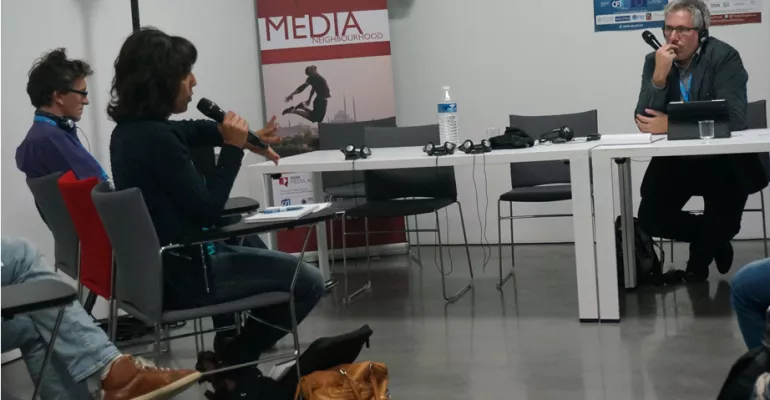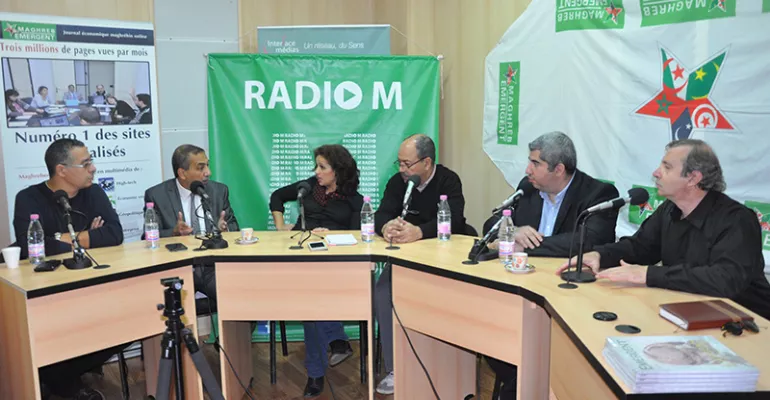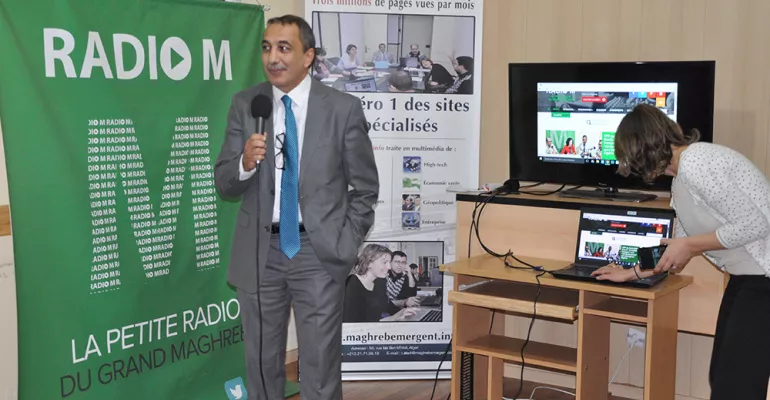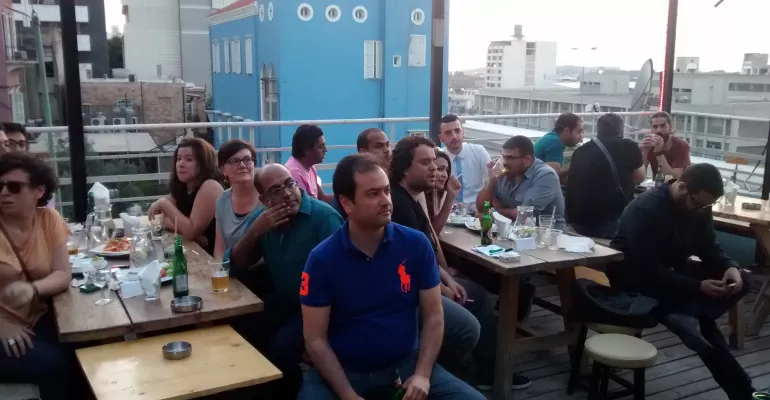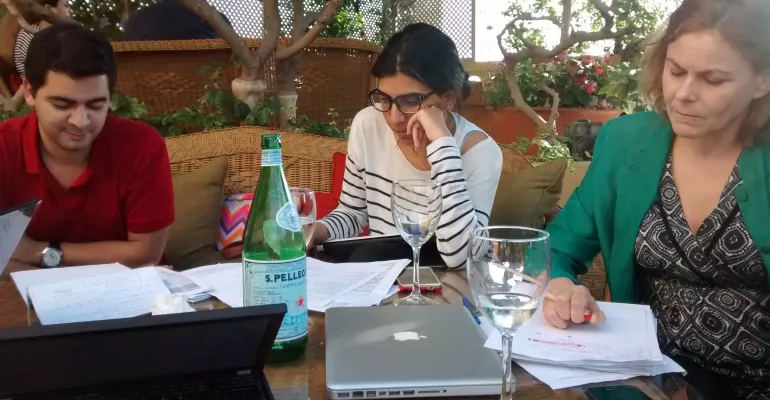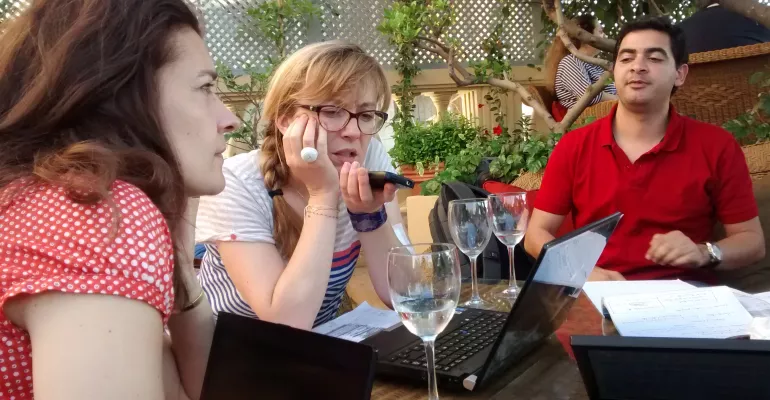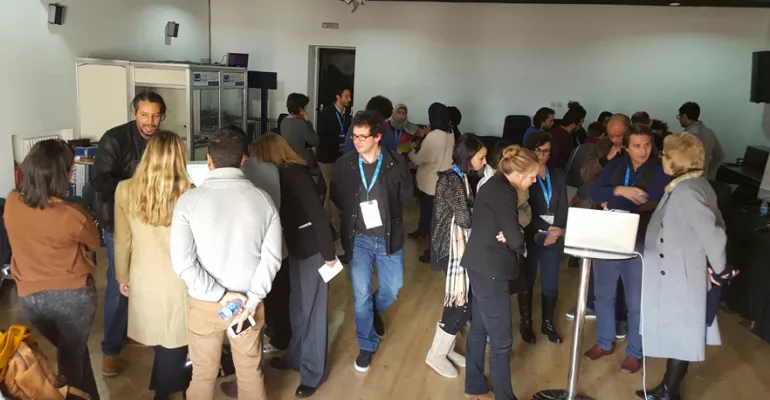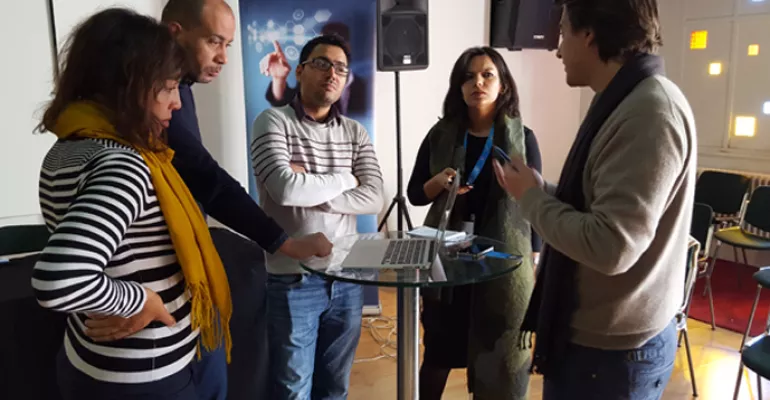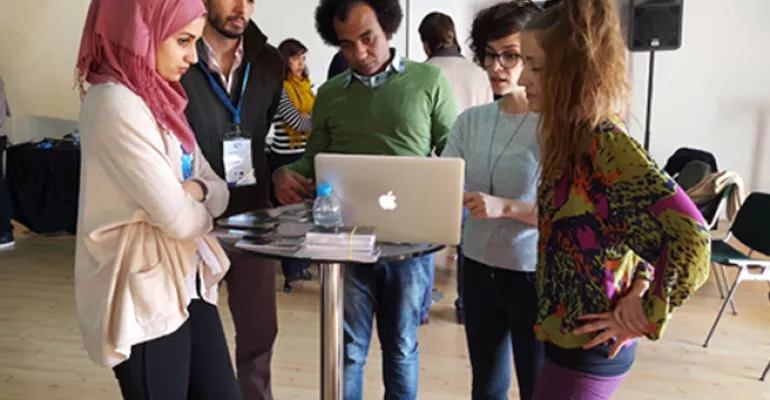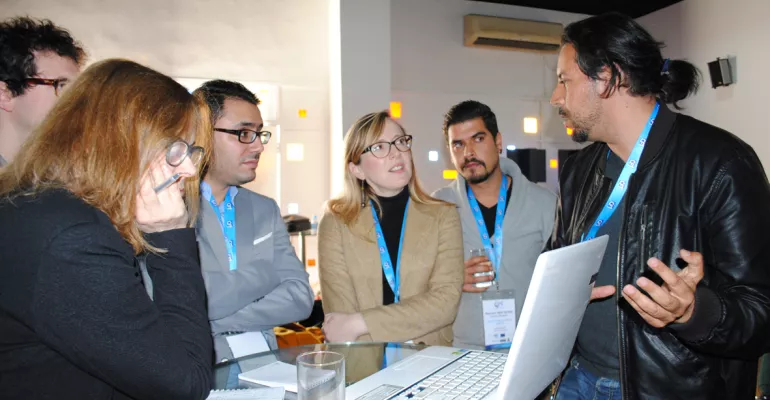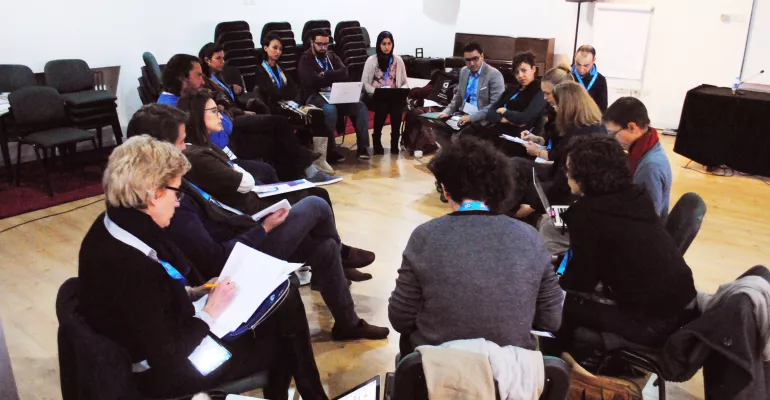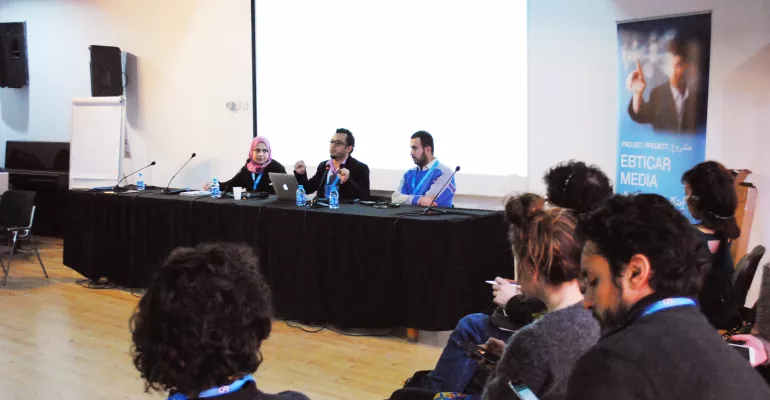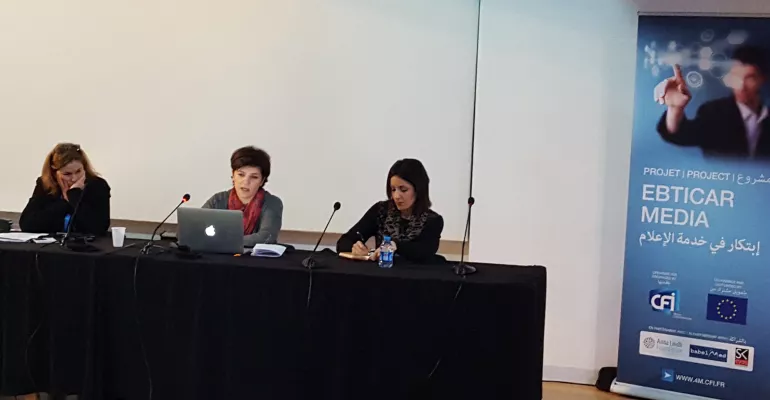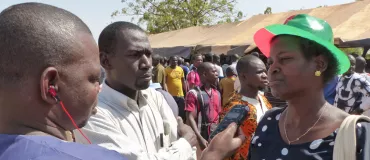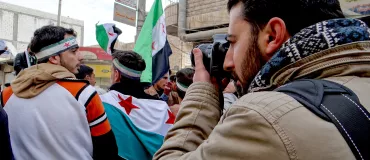EBTICAR-Media: Support for innovative online media

Goals
Presentation
Following a surge in popularity during the Arab Spring, online media are profoundly changing people's relationship with the news. Beyond the technological aspect, they create a new dimension for expression based on interactivity and participation by the public, a forum for debate and dialogue.
In the face of growing demand from consumers, the content on offer has its limitations. Web activists are often self-taught and lack formal training in journalism, which can be detrimental to the quality of democratic debate while their impact on the population is growing. As for traditional media, who are poorly prepared for the transition to digital technology, they find themselves forced to adapt their content to new media and to move towards an offer outside their usual area of expertise.
Against this background, with stakeholders unable to afford the investment necessary for further development, CFI and its partners have launched EBTICAR-media, which aims to identify and provide financial support for the most innovative projects that give structure to this industry.
Open to online media and private traditional media, the EBTICAR (E-Booster for Technical and Innovative Contents in the Arab Region, or "innovation" in Arabic) programme provides support, through four distinct components, to projects involved in:
- As regards the media individually: improving their content and their structure, both financial and organisational.
- Collectively: strengthening their capacity to come together in professional organisations and share their experiences.
For more information about the ETBICAR-MEDIA project, visit http://www.4m.cfi.fr/index.php/fr/projet-ebticar-media-fr-ar.
Project beneficiaries
- Emerging online media in the Arab world
- Private traditional media (radio, TV, print) seeking to develop a digital offering
Files to download
Actions
Strengthen web journalism skills
Funding awarded under the EBTICAR programme, with the successful applicants being selected after a call for projects, prioritises projects that meet objective professionalisation criteria and aimed at:
- Enhancing content: writing, sound and image
- Ensuring security: communication, personal data, file transfer
- Mastering interactive tools: crowdsourcing and social networks
Particular attention is given to projects that promote the transfer of skills through the involvement of online media professionals in training courses and student internships.
EBTICAR-Media: Applicants invited to Marseille
EBTICAR-Media : 2014 selected projects
EBTICAR-Média 2015: pre-selection of 22 projects
Ebticar-Media: the 8 award-winners
Malek Khadhraoui : Earning readers’ trust was a challenge, and it’s still the case today
Define sustainable business models
Both emerging and private traditional media, who find themselves forced to make the transition to digital, have to give thought to the definition of an organisational model that complies with a strategic vision.
For this component of the programme, the projects deemed relevant relate to:
- The definition of digital strategies to position themselves in the market, identify their target public, strengths and weaknesses
- The editorial line: having a specific identity
- Website user-friendliness
- Workflows: finding a mode of organisation in line with the chosen strategy
- Innovation: developing applications and tools.
Lastly, the projects supported must propose a business model adapted to their strategy, whether they rely on advertising revenues, grants, subscription services, crowdfunding or a diversification of activities.
An EBTICAR-Media award-winner is the Courrier International readers’ choice
Le Desk takes a gamble on investigative journalism in Morocco
Encourage the structuring of professional organisations
The projects selected for funding under this component must be used to create mechanisms for trust and dialogue between online media, including:
- Establishment of online press unions
- Formation of working groups between journalists' unions and online press stakeholders to discuss ethical or statutory issues
- Coordination and networking of collective organisations
Mideast Tunes launches its online radio station
Mashallah News – Solution journalism in the Near East
Promote partnerships between emerging and traditional media
The projects selected for funding under this component must be used to create mechanisms for trust and dialogue between online media, including:
- establishment of online press unions
- formation of working groups between journalists' unions and online press stakeholders to discuss ethical or statutory issues
- coordination and networking of collective organisations
EBTICAR-Media is supporting innovative projects run by online information stakeholders in the Arab World
Birth of a new pure player in Morocco
Clicks for changing the world
A Workshop for all Ebticar laureates
GEN Summit 2016: three Ebticar projects will be covered in the Southern-hemisphere-media bootcamp
Seven-city Photo Marathon to be held on 22 October
Silencing the few voices left: Egypt blocks 21 news websites
Evaluation of the EBTICAR project
The analysis of the factors of effectiveness demonstrates an excellent technical, administrative and financial management ensured by CFI and its partners. Given the number of activities carried out in relation to staff costs, the evaluation mission considers that the cost-benefit relationship is positive.
EBTICAR achieved a very satisfactory level of efficiency since it managed to train and mobilize 350 journalists, including citizen journalists, throughout 19 EBTICAR granted project activities. More than 25 partnerships have been initiated amongst EBTICAR grantees.
At present, there is no evidence that those online actors have tackled a critical mass of audience in digital Arabic-speaking communities for engaging pluralistic and social changes. The intervention logic of CFI and its partners is unique and relevant.
Although the analysis of efficiency and effectiveness factors is positive, questions arose about the CFI project selection mechanism who tackled in somehow “the young Arabic elite” who publishes in international languages and who knows on how to interact with the occidental world.
Project evaluation




